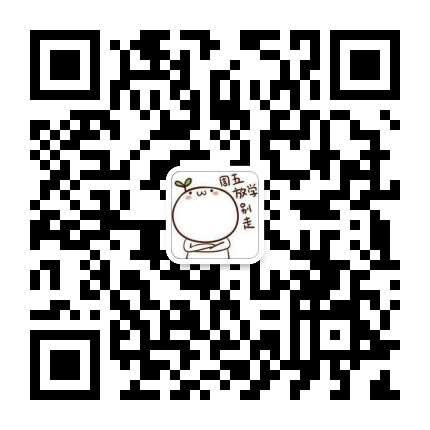2020-05-11 13:52:53 教师招聘考试网 jl.huatu.com 文章来源:华图教育
2020年教师资格证英语初高中教学设计典型必做题3题(3)——听力课
教学设计典型必做题3题(3)——听力课
请根据下面的听力材料,设计一节面向八年级学生的听力课。教学设计要点须包括:三维目标、教学重难点、教学方法、教学过程、板书。
听力材料如下:
Girl: Life must have been difficult when you were a kid.
Woman: Oh, not really. Why do you say that?
Girl: Well, you didn’t have many moderninventions. Like, you probably didn’t have a telephone, right?
Woman: Of course, we did! How old do you think I am? The telephone was invented in 1876.
Girl: How about cars? I bet cars weren’t invented yet.
Woman: Sure, they were. Cars were invented in 1885. My family had a car. I think you need to take a history class, Alice.
Girl: Ha, ha! Well, did you have a TV?
Woman: No, we didn’t. The TV was invented around 1927, I think. Some friends of mine had one. But in those days, TVs were really expensive, and we couldn’t afford one.
Girl: And I bet you didn't have calculators and computers and stuff. That’s something I do know. We learned in school that hand-held calculators were invented in 1971 and personal computers were invented in 1976.
Woman: You’re right. I didn’t have those things when I was young. But I do now!
答案解析
【题目分析】
1.本题为听力课教学设计;
2.教学设计包括三维目标、教学重难点、教学方法、教学过程。
【参考答案】
1. Teaching Objectives
(1) Knowledge Objectives
①Students will be able to understand different inventions mentioned in the conversation;
②Students can identify the time when the inventions were invented through listening.
③Students are able to comprehend the usage of passive voice in sentence pattern “was/were invented…”.
(2) Ability Objectives
①Students can make use of different listening strategies (global listening and detailed listening) to catch the main idea and specific information more effectively.
②Students can make use of the pattern “…was/were invented” to talk about inventions in daily life.
(3) Emotional Objectives
Students will be able to cherish their life better and understand the rapid development of technology by making comparison between modern inventions and that in the past.
2. Teaching Procedures
Step 1: Pre-listening
Activity 1 Free talk
Students talk about their favorite inventions in daily life.
Activity 2 Put the pictures in time order
Show students some pictures of computer, car, telephone and TV set. The teacherguides studentstodiscuss them with their partner and put themin order according to the time when they were invented.
【设计意图】自由谈论能够有效构建学生生活经验与所学内容的联系,帮助学生熟悉话题,复习相关主题单词。将听力文本中的图片按照发明时间进行排序,进一步激活学生的相关背景知识,为听力做好预热准备,激发听力兴趣。
Step 3: While-listening
(1) Listen for the gist
Students listen for the first time and choose the most suitable title for the listening text.
【设计意图】初听文本,选取合适的标题,有助于学生了解其基本大意,从整体上把握听力材料。
(2) Listen for the detailed information
①Listen and match
Students listen to the tape for the second time and match the time to the inventions:
①Listen and answer the following questions
Why does the woman say “I think you need to take a history class, Alice”?
When might the woman was born?
【设计意图】通过匹配连线以及回答问题活动,帮助学生进一步关注听力文本细节,重点关注发明的名称、时间等细节信息,进一步在对话语境中理解关键词及句式表达。
Step 4: Post-listening
(1)Listen to the tape and read in different roles together.
(2)Role-play
Set the scene that students will participate in different World’s Fair(世界博览会)of different times (1920s, 1930s, 1950s, 1980s, etc.). They are asked to choose one World’s Fair and work in groups of 4 to introduce the exhibition to each other. Students will make use of the passive voice “…was/were invented in…” frequently and naturally in the communicative activity.
【设计意图】检查学生对听力材料的理解程度,并培养学生用所获取的知识来解决问题的能力。这些活动能把听说有效结合起来,使学生增多了体会语言、感悟语言、内化语言的机会。
Step 5:Summary
Guide some students to make a summary about this class; if necessary, the teacher then makes supplements. The teacher tells students that they should be able to observe and cherish the improvement of society in their daily life.
Step 6:Homework
Search for information about their favorite inventions, and try to summarize the time and functionsof these inventions and share with others next time.

贴心微信客服